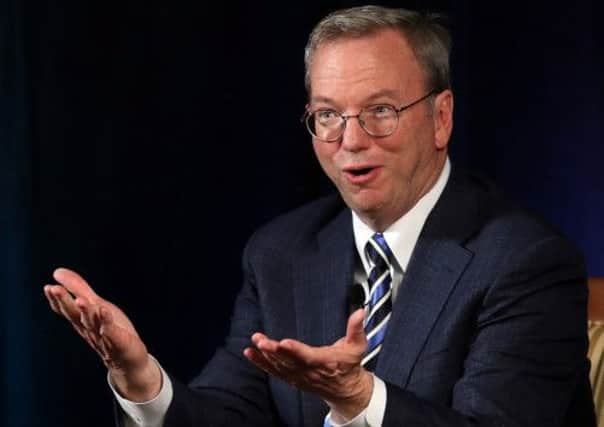Jane Devine: Bilderberg meeting and democracy question


Would democracy be too high a price to pay? I suppose it depends what it is you could change. What if it was possible to stop sexual violence being used as a weapon in war, people dying of curable diseases, or prevent child pornography? Would those things be worth sacrificing democracy for? Or in the context of the Bilderberg meeting which this year took place in the UK this weekend, would it be acceptable to change these things through undemocratic means?
That is the charge that many commentators are levelling at this annual meeting of world leaders and influential people which first took place in 1954 at the Bilderberg Hotel in Oosterbeek in the Netherlands. For conspiracy theorists it is manna from heaven: agendas are vague, no minute is published, participants won’t discuss what goes on and civil servants and advisers don’t get an invite. So, it must be wrong, right?
Advertisement
Hide AdAdvertisement
Hide AdIt depends if you focus on the outcome of the event and the relationships made and conversations had during it; it depends if you believe that the ends can justify the means; it depends if you think it is useful to have people in a room not bound by party or company policy or made cautious by publicity. It also depends if you think that this kind of thing does not happen on a smaller basis all the time – people talking to other people without red tape.
These meetings are of course easier to swallow if they lead to good things. And, in that respect, we are not sure what these gatherings may or may not have achieved due to their clandestine nature.
Analysts of Bilderberg claim that the meetings themselves and offshoot relationships and discussions generated at them paved the way for the creation of the European Union and led to the reunification of Germany; others talk about the Bilderberg members’ role in the global financial crash. On the agenda of this latest meeting were issues including “big data”, “Africa’s challenges” and an ambiguously termed debate on “current affairs”.
Attending this meeting was Eric Schmidt, executive chairman of Google Inc, the world’s favourite internet search engine. Google has been in the headlines recently for many things, including at the beginning of the month the debate over people using their search engines to access images of child pornography, or abuse as it actually is.
Every image of child pornography is in fact an image of abuse or rape in the first place and is known to sometimes lead to and incite further acts of abuse or rape. It is a massive worldwide issue.
So, with the expertise and dominance of Google, the power of the politicians, the knowledge and understanding of prominent academics and the mastery of big business all locked away in free discussion for a weekend, surely something could be done about it.
I would set democracy aside for that.